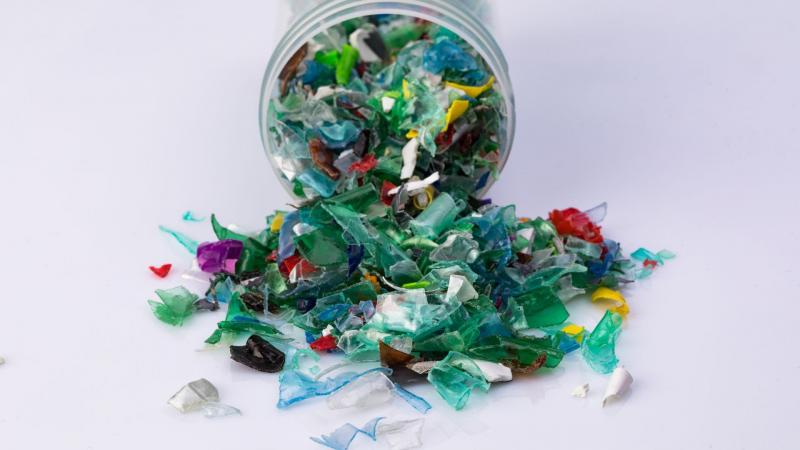Introduction
Plastics have become an integral part of our modern lives, revolutionizing various industries and enhancing convenience. However, the uncontrolled use and disposal of plastics have resulted in a growing environmental crisis. Fortunately, one sustainable solution has emerged: recycling plastics. In this blog, we will explore the wonders of recycled plastics, their benefits, and the critical role they play in combating plastic pollution and fostering a greener future.
1. Reducing Plastic Pollution
The ever-increasing problem of plastic pollution has been a pressing issue for our planet. Recycling plastics helps divert significant amounts of plastic waste from landfills, incinerators, and oceans. By converting discarded plastics into new products, recycling conserves resources and minimizes the environmental burden associated with plastic production. This process ultimately reduces pollution and lessens the negative impact on wildlife, marine ecosystems, and human health.
2. Energy Conservation
Producing plastics from raw materials is energy-intensive. In contrast, recycling plastics consumes considerably less energy. When plastics are recycled, the need for extracting, transporting, and refining new raw materials diminishes. Consequently, the energy saved can be channeled into other essential activities or contribute to reducing overall greenhouse gas emissions, benefiting the environment in multiple ways.
3. Promoting Circular Economy
Recycled plastics play a crucial role in building a circular economy, where products are designed with sustainability in mind. By recycling plastics, the materials maintain their value and can be used in various applications repeatedly. This not only reduces waste but also promotes a shift away from the traditional linear "take-make-dispose" model. Instead, the circular economy encourages the continual reuse and recycling of materials, fostering a more sustainable and resilient economy.
4. Versatility and Innovation
Recycled plastics have come a long way in terms of quality and versatility. In the past, there may have been concerns about the durability and performance of recycled plastic products. However, advancements in recycling technology have led to high-quality materials suitable for a wide range of applications, from clothing and packaging to construction and automotive industries.
5. Creating Green Jobs
The recycling industry offers a significant opportunity to create green jobs and boost the economy. Recycling facilities require skilled workers to collect, sort, clean, and process plastic waste. Additionally, the demand for innovative recycling technologies and sustainable product design creates employment opportunities in research, engineering, and manufacturing sectors. By supporting the recycling industry, we contribute to both environmental preservation and economic growth.
6. Education and Awareness
Recycled plastics also serve as powerful educational tools to raise awareness about plastic pollution and environmental conservation. Consumers are becoming increasingly conscious of their choices, and the demand for eco-friendly products is rising. By opting for products made from recycled plastics, individuals can actively participate in reducing plastic waste and encouraging sustainable practices.
Conclusion
Recycled plastics offer us an unparalleled opportunity to tackle the plastic pollution crisis, conserve resources, and foster a sustainable future. By reducing plastic waste, conserving energy, and promoting a circular economy, recycled plastics play a vital role in protecting our environment and mitigating climate change. As consumers, we can support this transformative process by choosing products made from recycled plastics, advocating for better recycling infrastructure, and raising awareness about the importance of responsible plastic waste management. Together, we can turn waste into wonders and build a cleaner, greener planet for generations to come.
